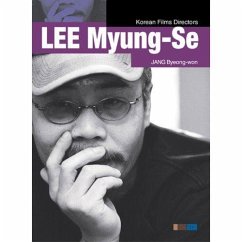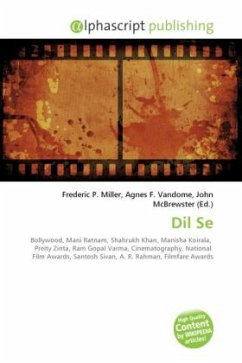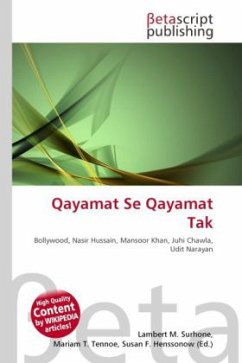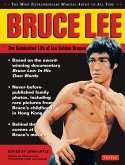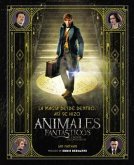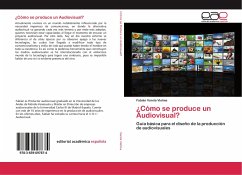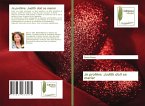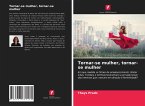LEE Myung-se marks himself as a rare director in the history of Korean films. In the Korean film industry, where the tradition of realism is deeply rooted and influence from Western-especially Hollywood-movies prevails, it is rare to find a director so absorbed in pursuing the fundamental question. 'What is the film?' Apart from a few directors digging into the subject these days, we can seldom find anyone who maintains this kind of attitude toward film. [.] Aspiring to be a craftsman rather than auteur. LEE can be called a sophiscated alchemist who can engrave images. His characteristic style, such as overlapping reality and dreams, antificially designing film sets like a stage play, and using cartoon-like images and unconventional music and sound shocked an industry dominated by conventional films. Unlike most 'New Wave' directors, who speculated more on storyline and style to talk about reality, LEE engrossed himself in finding out the identity of film as a cineartist. If 'Korean New Wave' produced 'films of reflections' in line with a changing society, LEE Myung-Se can be said to have produceed a real 'Cinema New Wave' pondering film itself, for the first time in Korean film history. -From the Preface

